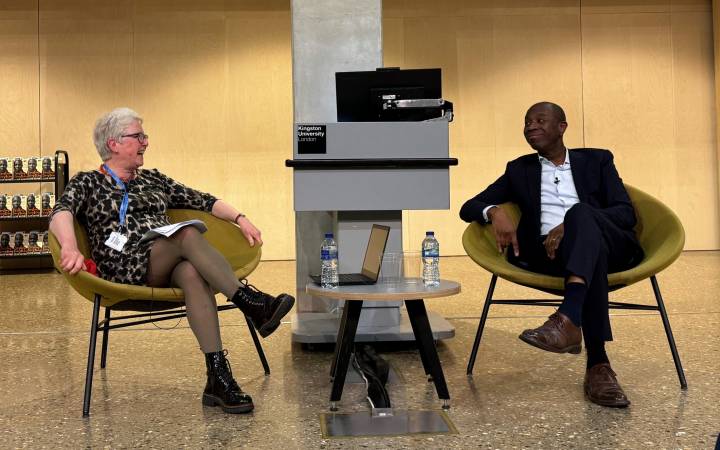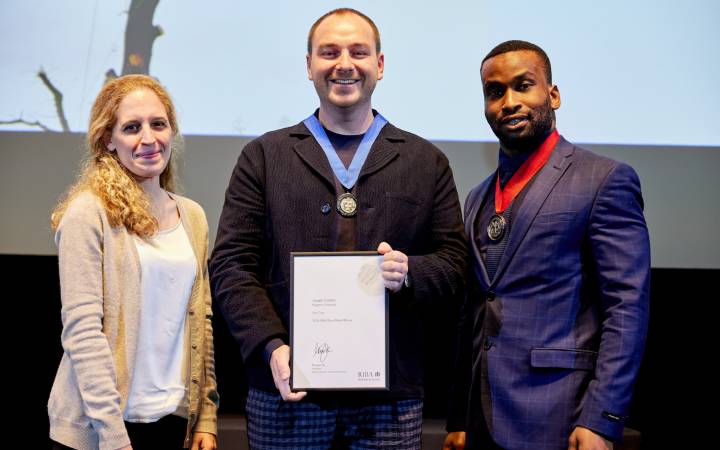Kingston University psychologists investigate impact of Covid-19 pandemic on mental health of young people with behavioural issues
Posted Monday 21 June 2021

Psychologists at Kingston University are exploring how the pandemic has affected the mental health of young people with behavioural issues and their families – and how it could be mitigated.
As part of the study, researchers are surveying adolescents aged 11-18 years old with long-term conduct disorder who may be prone to violence against their peers or their parents, running away from home, or committing crimes such as vandalism. They are also interviewing parents to find out how the UK lockdowns have affected family dynamics and parenting practice.
Senior lecturer in psychology Dr Maria Livanou, who is conducting the study with forensic psychology Phd student Marcus Bull, said they hope it will further understanding on the impact of Covid-19 on parenting young people with challenging behaviour and help improve access to support.
"Recent reports have shown that behavioural problems are the second fastest growing category among young girls and boys. We know that these young people and their parents have been affected tremendously by the pandemic, so we wanted to examine this," Dr Livanou said.
Bull's research focuses on risk factors affecting young people's behaviour and whether these can be mitigated against. "Covid-19 has had such a big situational effect on individuals and the lockdowns have imposed so many different issues – such as financial strain on the family and all having to stay at home at once. These are extra triggers for these young people, some of who might have already been at risk of behavioural problems," Bull said.
While lockdown restrictions have eased in the UK, it is anticipated that the impact on mental health will be long lasting. "What we are looking into is the complex trauma arising as a result of Covid-19 and lockdown," Bull said. "Trauma works in an extremely complex way and will go on for quite some time. Unfortunately, this is only the beginning – the pandemic is going to have a huge impact on people's wellbeing," he added.
Interviews are being carried out with individuals already accessing mental health services and those who are at risk of developing conduct disorder. Parents sometimes do not seek medical help for their child due the social stigma attached to mental health problems, which means they go undetected until the problem escalates, Dr Livanou explained.
The study is the first stage of the research as the psychologists are also designing a smartphone app that will provide information about mental health issues and signpost families to mental health services. "As a result of emergency resources going to the NHS to look after Covid-19 patients, these other services have been impacted and long waiting lists have increased even more. We hope the development of this app will help people who haven't been unable to access these services," Bull said.
Dr Livanou, of the Faculty of Business and Social Sciences at Kingston, said they will be working closely with young people and their parents in the design and development of the app to ensure it meets their needs. "Our study is not just for now, but for future pandemics and lockdowns so we can examine how we can move forward and give young people and their parents a voice," Dr Livanou added.
- Find out about courses in psychology at Kingston University
Contact us
General enquiries:
Journalists only:
- Communications team
Tel: +44 (0)20 8417 3034
Email us



